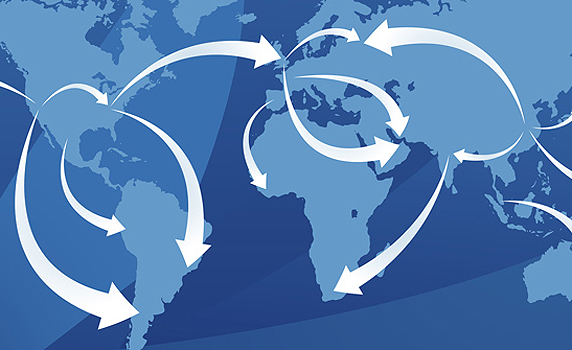
With Europe still in the throes of recession and the U.S. economy growing at a snail's pace, companies and investors are naturally looking to emerging economies for more attractive growth opportunities abroad.
However, as IESE faculty members and other business experts caution, companies would do well to look more closely before they leap.
Granted, emerging markets, with the newfound spending capacity of their fast-rising middle classes, do hold much promise.
However, companies that embark upon such expansion without a firm grasp of what makes an economy "emerging" can end up trapped in a complex maze, with unexpected -- and often unpleasant -- surprises around every corner.
A Broader Definition
The term "emerging market" has become defined almost exclusively along geographical lines. Whether BRICS (Brazil, Russia, India, China and South Africa) or any of the acronym's variations, the term generally refers to nations in the process of rapid growth and industrialization.
Nevertheless, many experts argue that the term is dangerously misleading, for emerging markets are clearly not a monolithic geographic grouping.
Harvard's Tarun Khanna and Krishna Palepu, who as a visiting professor at IESE spoke on "Winning in Emerging Markets" as part of the Fast Forward program, define a market as "emerging" when "the specialized intermediaries necessary for the proper functioning of [that] market are absent or poorly functioning, requiring market participants to work to find new ways to bring buyers and sellers together for some productive exchange."
Read full article on the IESE Insight website.